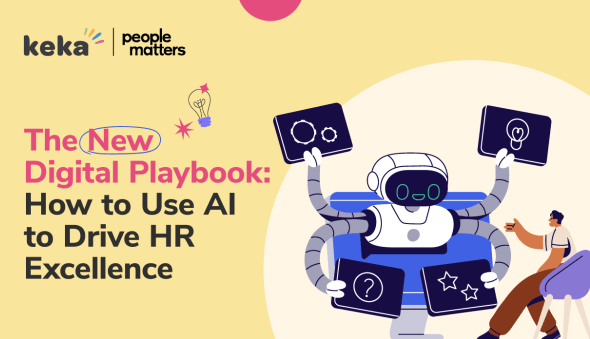The rising scale of digital transformation across emerging sectors is a testament to how businesses are today building tech-driven processes to unleash their potential.
This transformation has come to embrace a technology that is fast reshaping the business landscape: Artificial intelligence.
While the growing digitalisation of business processes, supported by analytics and automation has proven to be a game changer, the advent of AI as a powerful tool for leaders has led to the complete reimaging of such processes. One of the most significant impacts of AI for emerging businesses lies in its potential to revolutionise the HR function. So how should you as an HR leader embark on your AI journey? And if you have, how can you strengthen your practices and avoid pitfalls to help support your business change?
In partnership with Keka, we recently launched an E-book titled, The (New) Digital Playbook: How to Use AI to Drive HR Excellence bearing answers to these questions and more.
Why is AI important for HR?
The rising significance of AI presents an opportunity for organisations to hone their approaches when attracting, retaining, and developing talent. AI-driven HR processes will not only reduce time spent on repetitive tasks, it will open up avenues for innovation in all people practices from diversity initiatives to corporate wellness programmes. Ultimately, HR will become more strategic than ever before.
Enhancing employee engagement by elevating employee experience, boosting learning strategies and even building a stronger alignment to business goals are some of the positive outcomes of leading HR with AI. Organisations are undoubtedly eager to reap these benefits.
Is your HR ready for AI?
As HR takes a critical seat at the table and empowers the business to grow in innovative ways, one of these strategies is the integration of AI in HR. This is because AI empowers a more strategic, futuristic and growth-oriented culture. It augments your people’s capabilities and turns them into powerful players within their industries. But where does your organisation stand on the AI-HR growth curve?
The AI-HR Maturity Index
- Stage 1: Exploration: Organisations at this stage are beginning to explore the possibilities of AI in HR.
- Stage 2: Experimentation: Usage of basic AI tools is isolated and in an experimentation phase. Analytics can be used to gather data.
- Stage 3: Pilot AI Adoption: Adoption is limited to HR sub-functions and pilot projects.
- Stage 4: Function-wide Implementation: Organisations integrate AI and drive value across specific HR functions, optimising key areas.
- Stage 5: Symbiosis: Adoption of AI in HR has led to inter-departmental integration, and impacts decision-making.
- Stage 6: Leveraging AI for Strategic Impact: At this advanced stage, AI recommends business opportunities by integrating various functional areas of management.
Given that AI will usher in not only a new era for work but a new era for HR, where we move beyond automation to augmentation of organisational processes and capabilities, we have packed this ebook with many more insights which will help you once you analyse where you stand on the growth curve. This includes:
- An exhaustive list of effective AI-HR integration strategies
- A guide to empower you to build a compelling business case for AI
- Insights on how to balance this accelerated digitisation with a human touch
And so much more! With AI being the cornerstone of building a future-ready organisation, you need to stay ahead of the curve by continuously experimenting, reiterating HR processes driven by AI and overcommunicating the value of AI to your people. As an HR and business leader, you have to embrace these strong winds of change brought about by AI with your people. It’s what will ensure that your organisation sharpens its competitive edge, becomes agile, and remains resilient. The best time to start is now.

